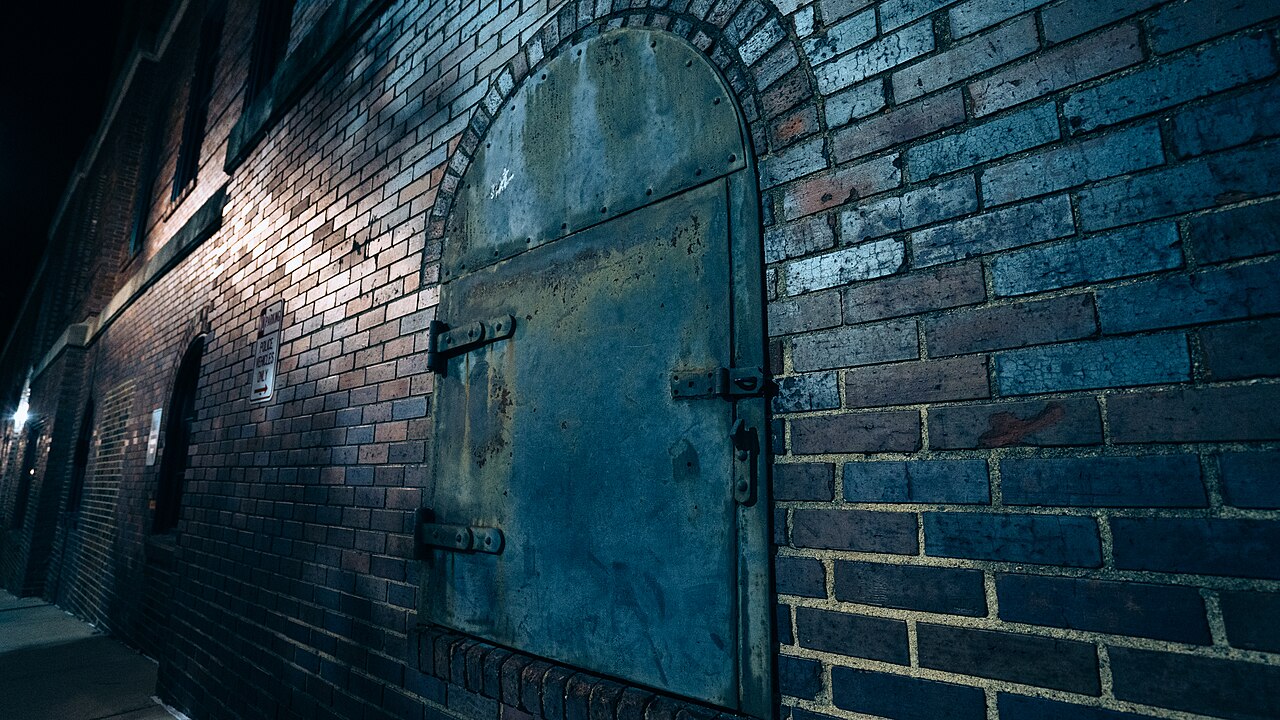
when Horror Yearbook – Ghost Tourism has become a striking mirror of how society interacts with death commerce and history. This phenomenon thrives across the United States where visitors seek both entertainment and a way to confront mortality from a safe distance. On a recent Halloween episode of a popular investment show two siblings pitched their American Ghost Tours business with the question Can ghosts make you rich. Their performance felt polished yet detached as they tried to impress investors by focusing on money rather than community or memory.
Ghost walks once small seasonal events now generate significant revenue in Midwestern cities and beyond. Guests pay to wander haunted streets to hear stories that blend historical trauma with playful scares. The tours give audiences a chance to acknowledge death without facing its harsh finality while creating an industry that transforms fear into profit. The success of these ventures shows how the supernatural can become a tool for distraction and economic gain.
Ghost Tourism attracts travelers eager for an experience that hovers between history and entertainment. Public fascination with spirits rises after collective trauma as seen after the Civil War 9 11 and the recent pandemic. This pattern makes Ghost Tourism a cultural pressure valve offering excitement while sidestepping uncomfortable truths about mortality. Visitors can laugh at a ghostly tale while avoiding the deeper pain of real tragedy. In cities like Savannah and New Orleans well organized tours run all year with scripted stories jokes and clear rules. Corporate operators profit by selling tickets that promise thrills while preserving historic sites for future crowds. Even when sites involve painful histories such as slavery or natural disasters the tours often soften details to keep audiences entertained. The ability to commercialize loss without confronting guilt allows the industry to thrive while keeping the realities of death at a safe narrative distance.
“Read about: Critics Can’t Stop Talking About House on Eden, The Ending Will Leave You Speechless!”
Ghost centered tours allow people to approach historical trauma indirectly offering a way to recognize suffering without demanding accountability. Historians note that ghost stories provide a unique method for engaging with the past especially when events involve exploitation violence or disaster. Guests hear chilling tales of tragedy but are rarely asked to consider their own role in the ongoing impact of these events. Corporate rankings of the most haunted cities such as Estes Park Gettysburg and Stowe show how marketing merges with travel interests to attract tourists.
These places already thrive as vacation destinations which makes them ideal for selling supernatural experiences. Social media groups and reality shows amplify the appeal turning haunted investigations into shared adventures. While some tours preserve authentic history others rewrite it by inventing romances or comic twists that obscure harsh truths. The result is an industry that entertains while selectively editing the painful parts of national memory.
“Read more: Deadly Virus Detected in City Wastewater, Health Officials Sound Alarm!”
The financial rewards of this industry remain undeniable yet the ethical concerns stay complex. Dark tourism generates more than thirty billion dollars and includes sites of immense suffering from Auschwitz to Chernobyl. In the American South some plantation tours reshape the horrors of slavery into tales of forbidden love to keep guests amused. Storytelling presents violence as spectacle and minimizes brutality for entertainment and profit. Visitors seeking only light scares often reject tours that center on the suffering of enslaved people and show discomfort with confronting real injustice. At the same time some historic sites use their haunted reputation to fund educational programs and support justice initiatives proving that commercial success and social responsibility can coexist. Operators face the challenge of balancing truth with entertainment so economic benefits do not erase the dignity of those who endured the tragedies offered as attractions to curious travelers.
Modern ghost tours can also connect living communities to recent events showing how history continues to shape the present. Locations like the Eastern State Penitentiary now operate as nonprofit museums that combine justice education with haunted storytelling. Visitors hear about excessive punishment and systemic issues while still feeling the eerie atmosphere of the old prison. In New Orleans stories of Hurricane Katrina victims merge with older legends to create a narrative of survival and resilience. Even fragments of rubble from the World Trade Center are said to carry restless spirits linking current memories to past disasters. These examples reveal how haunting tales can inspire reflection rather than mere amusement. When guided carefully the tours help audiences honor the dead and respect the living by acknowledging the real suffering behind each ghostly legend and showing that commerce need not silence the voices of history.
This article is sourced from www.salon.com and for more details you can read at horroryearbook
Writer: Sarah Azhari
Editor: Anisa